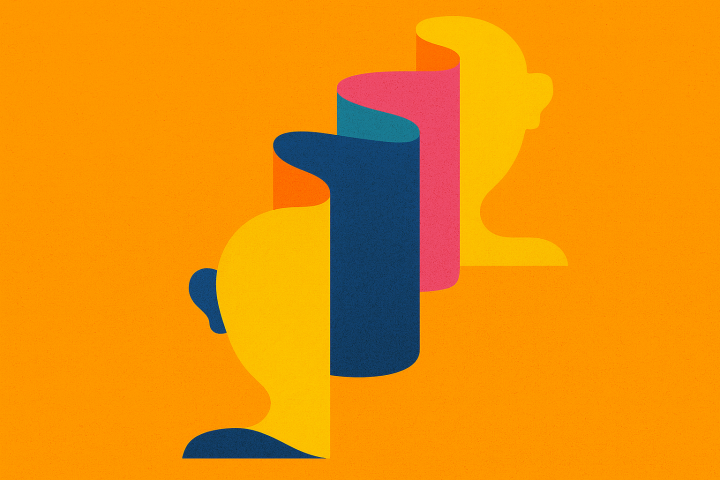Finding a Way Through Anxiety
Anxiety can feel overwhelming. For some people it shows up as constant worry, racing thoughts or a restless body that never seems to switch off. For others it feels like a tight knot in the stomach, a heaviness in the chest or a constant sense that something bad is just around the corner. However it shows itself, anxiety can leave you feeling stuck, exhausted and unsure of what to do next.
When people come to counselling with anxiety, they often hope I’ll have the answer – a single strategy or technique that will make it disappear. But anxiety isn’t something that can be quickly fixed. It is part of being human, and often it carries meaning about what’s happening in your life. My role isn’t to eliminate it but to help you understand it, work with it and gradually loosen its grip.
Counselling gives you a space to pause and explore these feelings without judgment. It’s not about being analysed or told what to do. Instead, it’s a collaborative process. You set the pace. You decide what feels safe to share. My role is to be alongside you, to notice patterns, to sit with the difficult moments and to help you find a way forward that feels right for you.
Over time, this process can bring relief. Anxiety may not vanish altogether, but it can become less frightening and more manageable. Many people find they develop a clearer sense of themselves, a stronger voice and more confidence in facing what life brings.
My Approach
When people first think about counselling, it can feel unclear what to expect. Will it be about advice, quick techniques or being told how to think differently? My way of working is a little different. I’m trained in a humanistic approach, drawing from person-centred and Gestalt therapy. These ideas shape the way I meet people who are struggling with anxiety, and they form the foundation of the work we might do together.
A humanistic starting point
The humanistic tradition is grounded in the belief that people have an innate tendency to grow and make sense of their lives when the right conditions are present. In counselling, that means creating a relationship built on empathy, honesty and acceptance. Rather than diagnosing or analysing from a distance, I focus on meeting you where you are. Anxiety is not treated as a “fault” in you, but as something meaningful that we can explore together.
Person-centred values
Person-centred therapy, developed by Carl Rogers, emphasises the importance of the counselling relationship. Rogers described three “core conditions” – empathy, unconditional positive regard and congruence (or genuineness). These aren’t just ideas for me, but lived qualities I bring to the work. They mean that you’re met with understanding, respect and openness. Many people with anxiety already feel misunderstood, judged or pressured. Counselling can be a place where those patterns don’t repeat, giving space for you to discover your own way forward.
Gestalt influence
From Gestalt therapy, I take an interest in the “here and now” – what is happening in the present moment. Anxiety often pulls us into the future, spinning stories of what might happen. By slowing down together, we can notice how anxiety is felt in your body, how it shapes your thoughts and how it influences your relationships. This awareness can create the possibility of change. Gestalt also values creativity and experimenting, which might mean gently trying new perspectives, ways of expressing yourself or approaches to situations, always at your pace.
If you’re reading this and wondering whether counselling might help, it could be worth reaching out. You don’t need to have everything figured out before you begin. Starting is often the hardest part, but it can also be the first step toward a life that feels calmer, lighter, and more your own.

